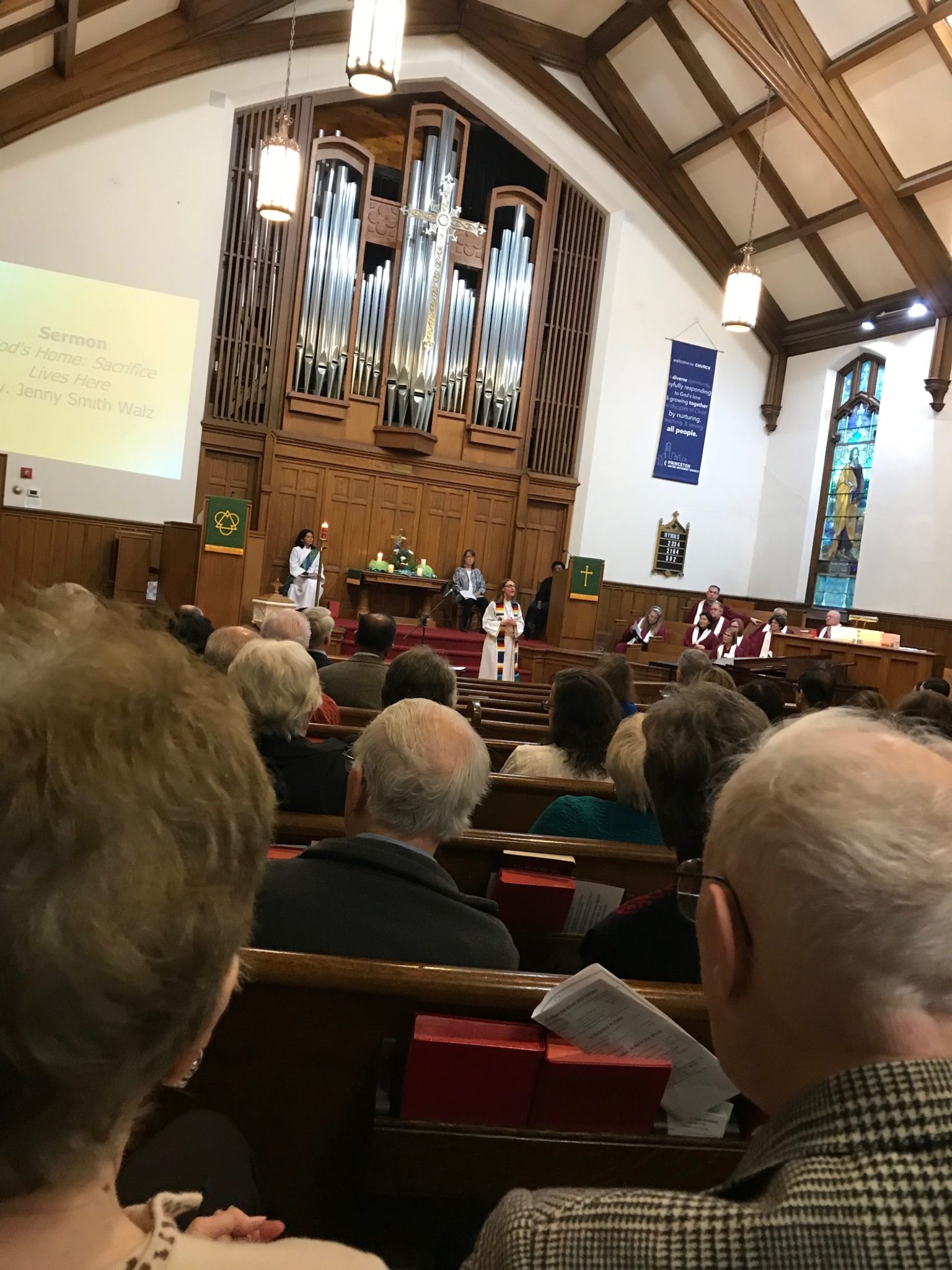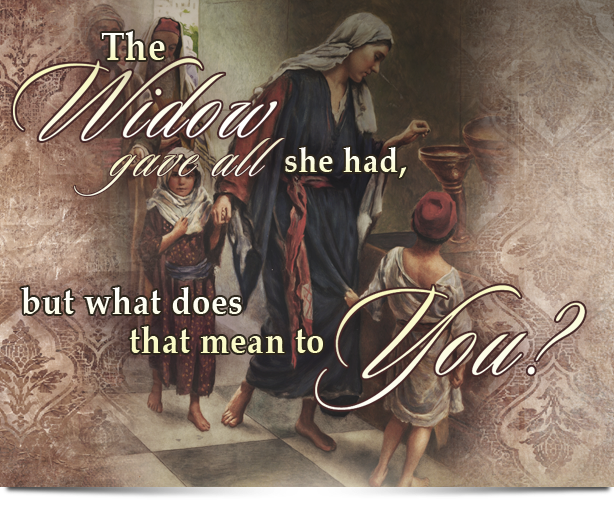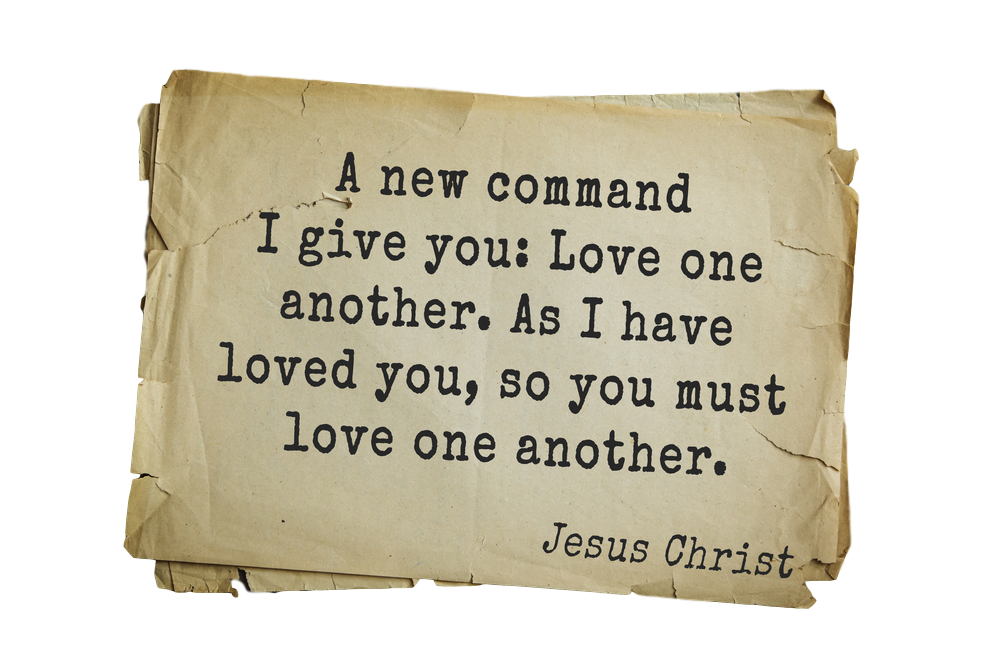On November 11, 2018, the 25th Sunday after Pentecost, Pastor Jenny Smith Walz preached a sermon titled “Sacrifice Lives Here” from the series ‘God’s Home’. Her text is from Mark 12: 38-44 and Hebrews 9:24-28.
To hear the sermon live, go to the Princeton United Methodist Church Facebook page
Also the sermon will be podcast soon on this webpage under the category “worship”.

As we look around today – here and elsewhere – what draws our attention? Who draws our attention?
Jesus and disciples sitting in the Temple observing. It’s easy to see the Scribes of the Temple doing their ritual thing. It’s easy to see the grandeur of the temple itself, its large stones. It’s not so easy to see the widow who is giving her two tiny lepta coins – it’s easy to overlook her, but it’s also hard to really see her because she exposes something in us we don’t particularly like to see. (but we’ll get to that in a moment). What or who draws your attention – this morning while in worship, but also as you go about your day?

Taking a tour of God’s Home – Yes, God is everywhere. Particularly focusing on the Kingdom of God /Kin-dom. Peace, sharing, balance, let God be our God, love lives here. So does sacrifice.
Sacrifice – really risky to talk about because in today’s world sacrifice often means something very different from an act of devotion or worship, which it’s Latin roots would indicate it means. Comes from: “sacred” and “to make” – sacrifice is something of value offered as an act of devotion or worship to God.
In the US often it means:
- ● giving up more than should be given up;
- ● asking those in the working class and those who are poor to bear the weight of tax cuts that benefit those who are wealthier;
- ● it often means expecting people to stay in exploitative situations in the name of
- ○ virtue or
- ○ some diminished concept of love
- ○ the American Dream
- ○ in order to just get by
- ● It often carries an expectation of loss of self, sometimes in the hope of gaining power or reward or favor as a result;
- ● Our non-sacred version of sacrifice often means holding up women like the widow in our story as a beautiful example without looking a little more closely.
She is where a lot of women in our world end up (Karoline Lewis reminds us) – sandwiched between violence and power. She is overlooked. Partly because she is exactly where she’s expected to be and where people in power like to keep her, lest they end up like her. It’s easy for us to look around this story and observe the widow and identify with her, even though few, if any, of us will actually do what she is doing. She is giving everything she has away. Everything. She’s completely trusting God and the system in which she lives. Rather we are much more likely to overlook the widows of our day as the Scribes are so good at doing. We don’t want to be powerless like her. And we are afraid that to actually help her might demand the kind of sacrifice she demonstrates.
It’s tricky because Sacrifice does indeed live here in God’s Kin-dom. Yet, it’s so easy for that sacrifice to fall off the thin edge into exploitation at the hands of us who are terrified to sacrifice in the ways God actually asks, terrified to sacrifice our own power or position or privilege or security or wealth. Not unlike the particular Scribes Jesus is observing that day. No one was going to overlook them! These were men who had PhDs in the law of Moses, the Torah. They were credentialed specialists. They were the insiders at the temple, among the Jerusalem elite. And their power is given largely by Rome at this stage in history. They were not easily overlooked because the system was designed to entice our attention toward them.
We, like the Scribes Jesus is observing, love our power and our symbols of it – long robes, long prayers, public adoration, best seats in the temple and at the banquet table.
What symbols of power, position, privilege, wealth do you wear? Which ones help you and others know your position in the world? What might it mean for us to take them off?
This is the last scene of Jesus’s public ministry. This is the last week of Jesus’s life. Not long after this, Jesus will sit with his disciples and take off his robe. He will take on the role of a servant and wash the feet of his disciples. He will tell them to love one another. Just as I have loved you, you should love one another. No one has greater love than this to lay down one’s life for one’s friends. I have called you friends.

Jesus gave his whole self as a sacrifice, He died, gave himself over to death. He did this without losing himself – he didn’t become less of Jesus, less Christ, less son of God. Yet he gave up his power. He allowed others to have power over him. And he did this all in love – an act of love, laying down his life for his friends.
Sacrifice is about giving away power for the sake of love that others might be free and have life more fully. It’s about offering ourselves fully, our whole selves, that we might make our lives sacred.
What draws the attention of God? Sacrifice. Not because God needs it or demands it or because God is keeping score. In that temple – Jesus is telling his disciples – right here in my presence and in this widow’s, you find yourself in God’s home. Because here’s where sacrifice lives, whole trust, love of God,
What robes of power are you being invited to take off, to sacrifice today?
Who needs you to lay down power and privilege and your own safety such that he or she might be able to live more fully, more freely? To whom is God sending you to love in this most difficult and powerful way?
Written by Isabella Dougan
